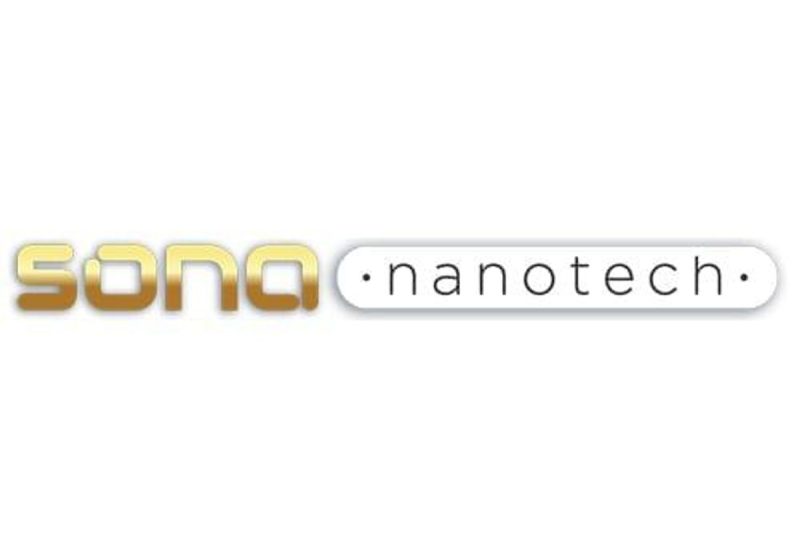In a recent breakthrough study conducted by researchers at Stanford University School of Medicine, a novel cancer therapy known as SONA (Stimulating Oncogenic Neoantigens for Anticancer therapy) has demonstrated the ability to elicit a powerful systemic immune response in a murine breast cancer model. This innovative approach holds promise for revolutionizing cancer treatment by harnessing the body’s immune system to target and destroy cancer cells.
The study utilized a genetically engineered mouse model of breast cancer to test the efficacy of SONA therapy. The researchers engineered tumor cells to express a high level of oncogenic neoantigens, which are abnormal proteins derived from mutated genes that are unique to cancer cells. By targeting these neoantigens, SONA therapy aims to activate the immune system to recognize and attack cancer cells specifically while sparing healthy tissues.
The results of the study were promising, with treated mice exhibiting a significant reduction in tumor growth compared to control groups. Importantly, the researchers observed a systemic immune response in the mice, indicating that SONA therapy not only targeted the primary tumor but also activated immune cells throughout the body to seek out and destroy cancer cells wherever they may be present.
Furthermore, the researchers found evidence of memory T cells in the treated mice, suggesting that the immune system was able to retain a memory of the cancer cells, providing long-lasting protection against tumor re-growth. This finding is particularly exciting as it hints at the potential for SONA therapy to confer durable immunity and prevent cancer recurrence.
One of the key advantages of SONA therapy is its specificity for cancer cells, thanks to its targeting of oncogenic neoantigens. This precision targeting minimizes the risk of off-target effects and reduces the likelihood of damaging healthy tissues, a common issue with traditional chemotherapy and radiation therapy.
Moreover, the systemic immune response triggered by SONA therapy represents a potent anti-cancer mechanism that can not only eliminate existing tumors but also detect and eliminate cancer cells that may have spread to other parts of the body. This ability to target metastatic cancer cells is crucial for improving patient outcomes and preventing the spread of the disease.
Overall, the findings of this study shed light on the potential of SONA therapy as a promising immunotherapy approach for cancer treatment. By harnessing the power of the immune system to recognize and attack cancer cells, SONA therapy offers a targeted, effective, and durable treatment option for patients with various types of cancer. Future research efforts will be aimed at further optimizing this therapy and translating its benefits to clinical settings, with the ultimate goal of improving the prognosis and quality of life for cancer patients.
